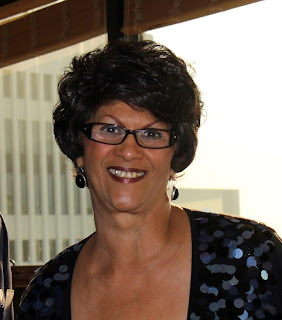 Growing up in small-town North Carolina, I had a very limited understanding of history—especially when it came to the history of the South. Like many other Southern children, I was taught to believe and accept that Stonewall Jackson was a great leader and that the Confederate flag was an acceptable symbol of Southern identity. It was not until I started studying Anthropology in college that I started to ask myself questions about how history is made, published and taught.
Growing up in small-town North Carolina, I had a very limited understanding of history—especially when it came to the history of the South. Like many other Southern children, I was taught to believe and accept that Stonewall Jackson was a great leader and that the Confederate flag was an acceptable symbol of Southern identity. It was not until I started studying Anthropology in college that I started to ask myself questions about how history is made, published and taught. Traditionally, history has been fabricated based on limited perspectives and the loudest voices in the room. In other words, power plays a major role in the shaping of history. Just as the accumulation of power has depended on socially constructed factors-- race, skin color, displays of wealth—the ability to write and tell history has been centralized along similar constructs. As a result, what we know of events, people, culture and places are really objects of partial histories and partial truths. These are problematic in that they are only a sliver of the many perspectives that actually exist.
Levine Museum has sought to break away from the classical museum model by employing a bottom-up approach. It seeks to allow community members to speak for themselves and tell their own stories. Ranging from the use of listening sessions to collect community input on exhibit design to programming pop-up sessions to collect oral stories, Levine Museum is inclusive of narratives across the spectrum of race, socioeconomic class, ethnicity, gender, sexuality, religion and more. Emphasis is placed on self-representation and the multiplicity of voices and perspectives.
Last spring the Museum hosted Out of the Shadows: Undocumented and Unafraid, an artfully crafted exhibit from artist Annabel Manning and curator Carla Hanzal, which featured names, photos and narratives of undocumented students around North Carolina. The exhibit was particularly exemplary of the museum’s approach as it empowered and gave voice to a population of students who have been systematically disfranchised and disempowered. In July, the Museum opened LGBTQ: Perspectives on Equality which also took on the approach of having visitors and community members tell their stories and influence what direction the exhibits and programming should take.
Such exhibits not only make what we do authentic so that it resonates with visitors and their thinking we did the history “right;” but more importantly, they serve as community safe space where stories are validated and appreciated as threads of a richer community fabric.
~Yeeva Cheng, Education Intern
What other stories would you like to see told?
Be sure to follow us on Twitter, tag us on Instagram and like us on Facebook.

